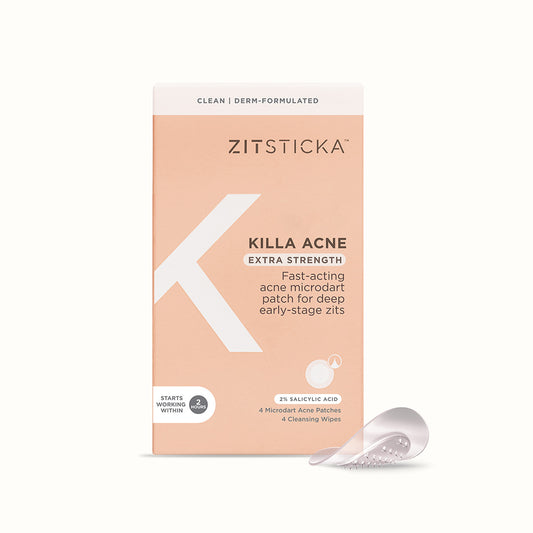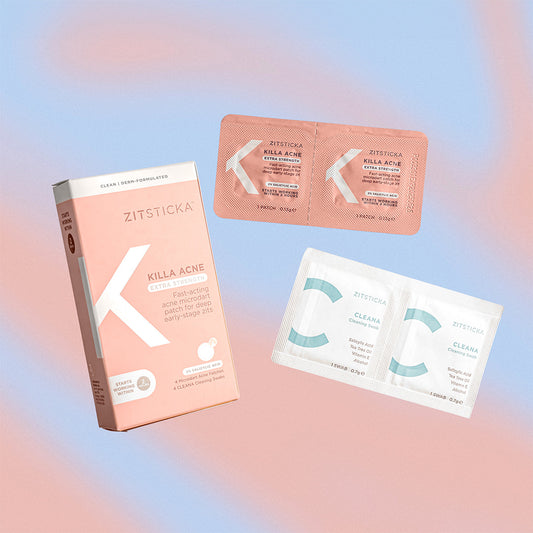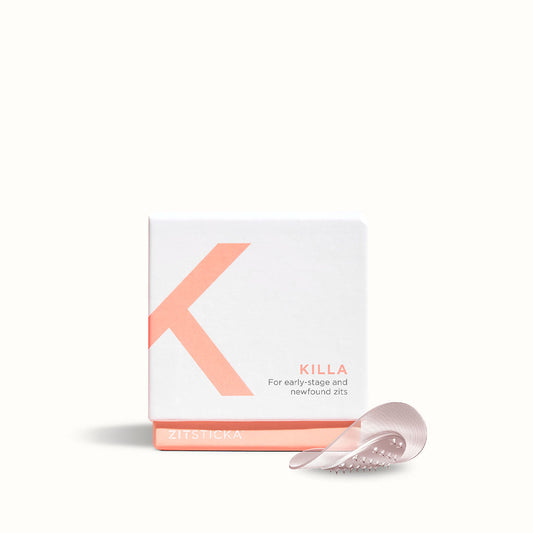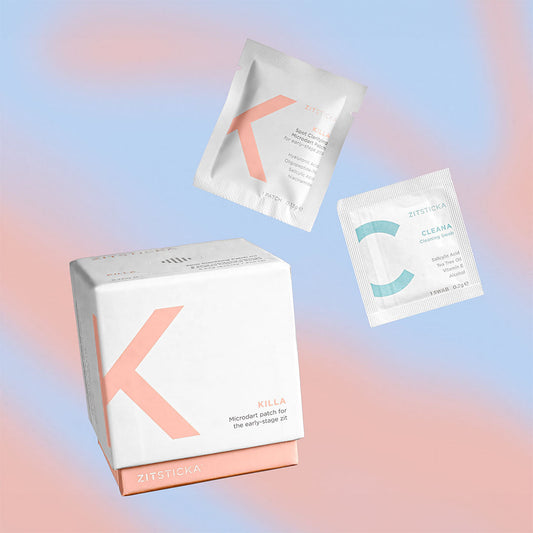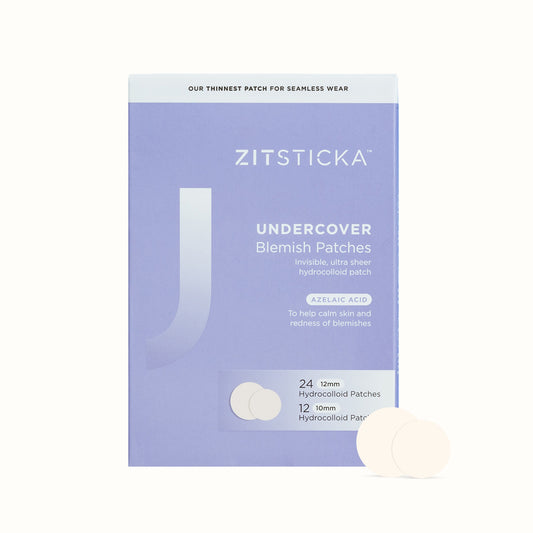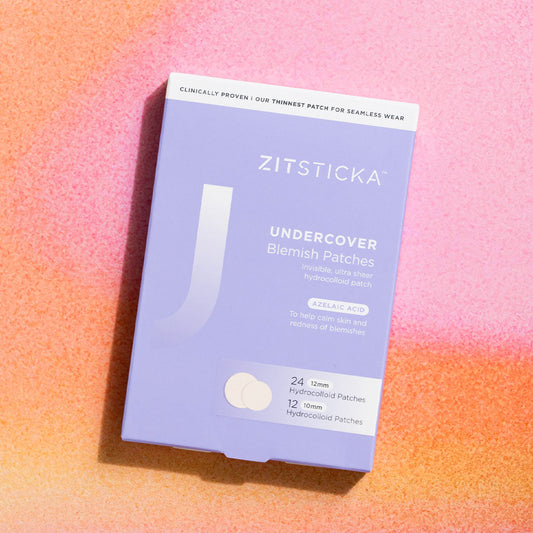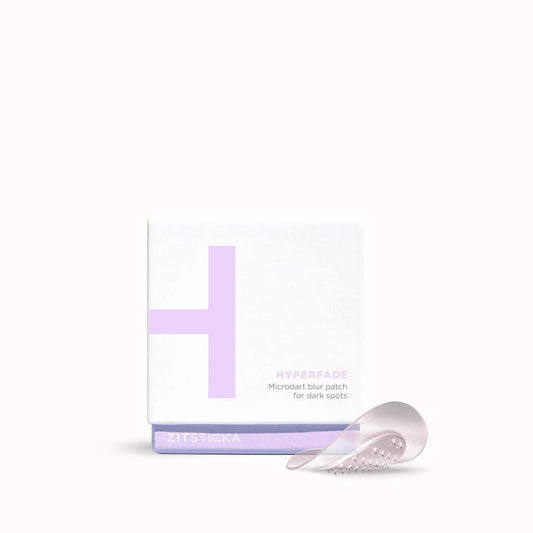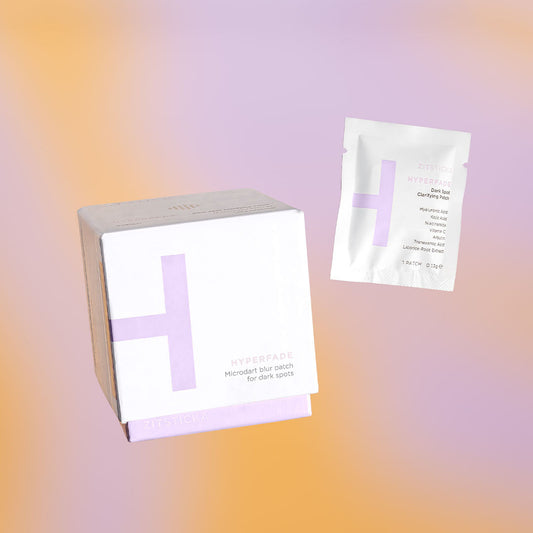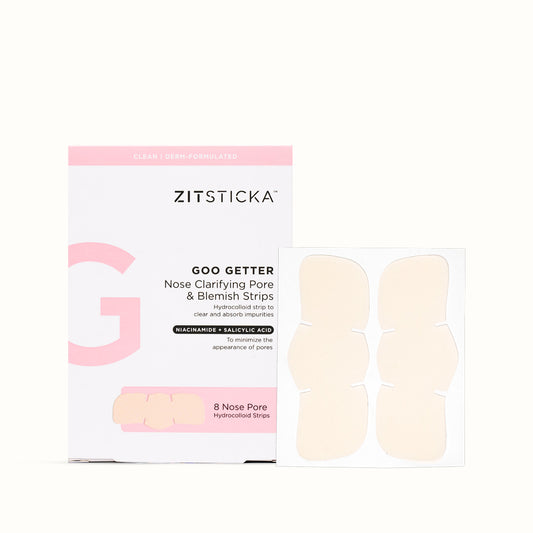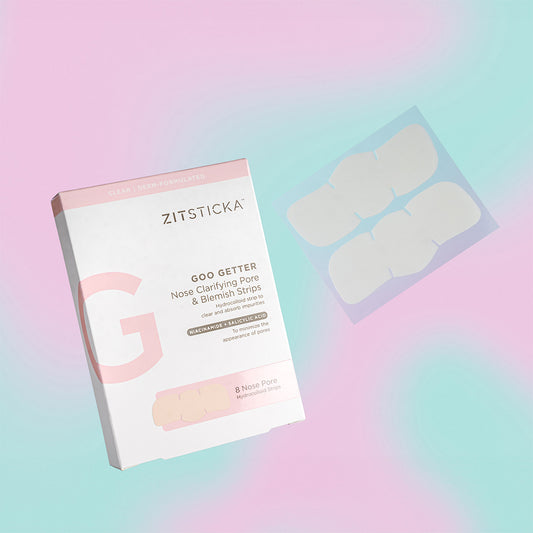The sun is shining, you just picked yourself up an iced oat milk latte, you decide to bop over to your local Target or Sephora to treat yourself to some new skincare. It’s a good day! You select a new moisturizer and serum you simply cannot wait to add into your routine that very night, because new products absolutely need to be tested, STAT. You wake up the next morning… your skin is unwaveringly parched, sensitive to the touch, and you begin to see some new zits forming throughout the day. WHAT IS GOING ON? You just spent $100 on new skincare and your face has the audacity to look like this?!
The answer: You just invested in low-key skin-loathing ingredients. We spoke with our favorite Licensed Esthetician + Acne Specialist, Lily, on which ingredients to quickly swerve away from at the store. Pay attention folks! Your skin needs you.
Walnut shells
Walnut shells have (for some reason) started to pop back up in certain exfoliating skincare products on the market. Unfortunately, they have been known to cause significant friction on the skin which would result in more inflammation. No thank you! They can also spread bacteria around by opening acne lesions that are infected. That includes any active zits you have rn.
While those with normal skin and no inflammatory concerns may be able to get away with using products containing walnut shells, it can still result in damage down the road for them due to repeated excessive friction. We’re in for the long game people! Walnut shells are commonly found in scrubs and cleansers, surprisingly most often in products that target zits, which is extremely counterproductive and basically makes no sense?!
The Alternative: A splendid alternative is rice powder. Rice powder is a safer and gentler exfoliating alternative that also helps with excess oil concerns due to its absorbent properties. And if you want to avoid physical exfoliants altogether? The trio of exfoliating acids in PRESS REFRESH will unclog those pores without friction in 20 minutes flat.
Citrus oils
Do NOT get cat-fished by the prospect of citrus oils. They sound tropical and refreshing, but can be extremely volatile and fragrant. They can also increase photosensitivity and result in a severe sunburn. These are commonly found in serums and moisturizers to make the product smell fresh, but they can be highly irritating to those with a compromised barrier, sensitive skin, or those experiencing inflammatory conditions such as eczema, acne, or rosacea.
The Alternative(s): Carrier oils such as sunflower seed oil and squalene are much safer, and drastically less fragrant, meaning they do not pose the same risk of causing irritation.
Menthol & Peppermint
Menthol and peppermint are marketed as being calming and anti-inflammatory, but they don't quite have enough evidence to support these claims, especially on acneic skin. These sly bois are highly sensitizing and can even cause a chemical burn due to increasing photosensitivity. Many actually report that they can cause a burning sensation and even compromise the skin's barrier by sensitizing it (sensitized skin is the result of something in the environment changing your skin’s normal function, resulting in burning and redness). These are often found in spot treatments for acne, which is also counterproductive in successfully reducing acne inflammation. Do not worry, ZitSticka would NEVER.
The Alternative(s): Zinc, oligopeptides (ahem, like OG-76 which features in KILLA), and centella asciatica are optimal alternatives at calming down redness and reducing uncomfortable symptoms of skin inflammation.
Sodium Lauryl Sulfate
Sodium Lauryl Sulfate is the ingredient that’s usually responsible for creating that desirable “lather” you see in common facial cleansers. SLS is a surfactant. We know what you’re thinking, and no, this is not a faction from one of the Divergent films starring Shailene Woodley. A surfactant is a chemical primarily used to remove dirt, oils, etc. from the skin. If you have sensitive or acne prone skin, you might want to run duck and cover from SLS. Not only has it been known to disrupt and damage the skin barrier, it has also been seen to inflict inflammation and irritation of the skin. So what’s a face to do?
The Alternative(s): When shopping for your next facial cleanser, make sure the product is sulfate-free. There are plenty of fishies in the sea when it comes to sulfate-free products— and they remove dirt and debris from the day just as well as SLS products do.
Now that we’ve divulged the ingredients to leave in the past, here are the do’s and don’ts of mixing ingredients with retinoids!

